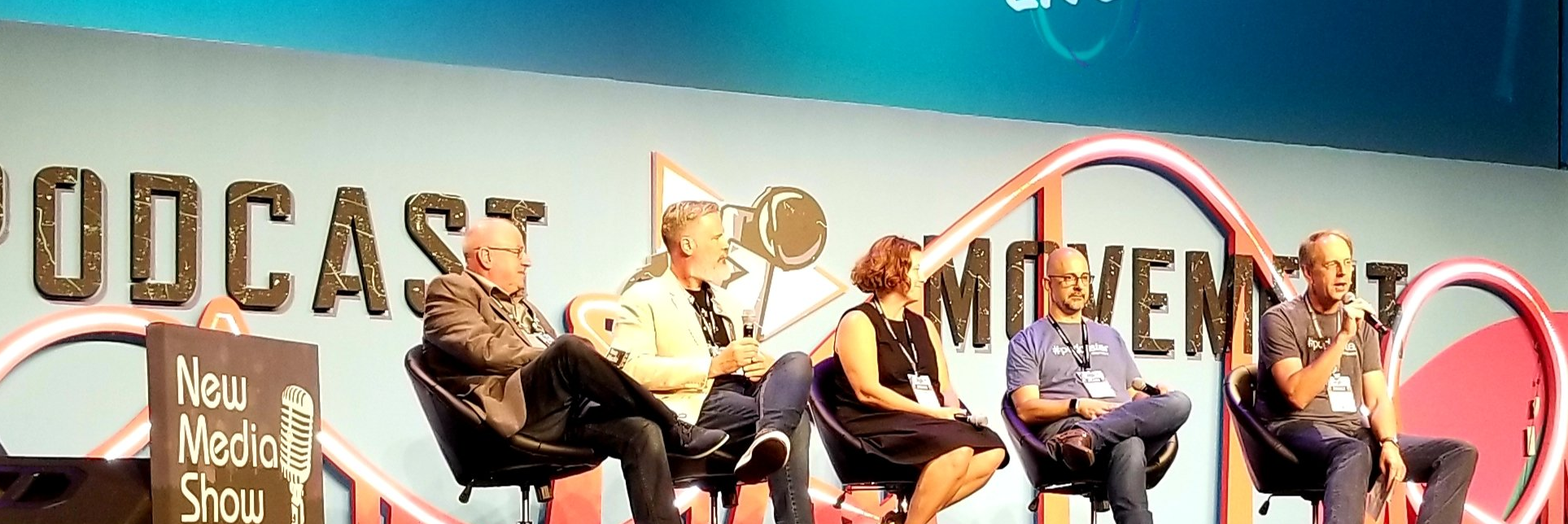By Rob Greenlee
 Content and distribution have had a long-running relationship with each other over many decades, going back to the earliest days of print, TV and radio. Yet, this relationship has been growing more and more unstable since the beginning of the digital age. Think Napster, as the internet has taken over more and more of the distribution of content that can go directly from the creator to its audience.
Content and distribution have had a long-running relationship with each other over many decades, going back to the earliest days of print, TV and radio. Yet, this relationship has been growing more and more unstable since the beginning of the digital age. Think Napster, as the internet has taken over more and more of the distribution of content that can go directly from the creator to its audience.
The growth of the internet has meant that in general traditional aggregator distribution middlemen are, more and more, getting cut out of making shares of revenue from content that can cover costs associated with creating and maintaining distributing pathways for getting content to audiences. This audience pathway has often been expensive to create and operate. Think newspapers, radio, and television in an analog content delivery world.
Fast forward to 2004, the iPod was dominating portable audio and thus sparked the birth of a little on-demand radio medium called Podcasting that we thought of as the utopia of unbridled and open content creation and distribution. We all thought that this symbiotic relationship between podcasting content and distribution at places like iTunes would continue forever. Well, folks, those days may be coming to an end in the new age of podcast content monetization we are seeing develop today.
I believe that we are seeing the beginnings of a battle starting to happen between creators of high quality podcast content and on-demand audio distribution platforms.
This is happening now because the content in this relatively new medium is finally able to be monetized effectively.
Yes, it is a new day for podcasting and it only took 10 years of struggle for the medium to be taken seriously by the radio and advertising buying markets to get here. The old saying comes to mind: be careful what you wish for as many in the podcasting industry have wanted effective monetization of the medium for a long time now. The battle between content and distribution has arrived and so have a few other things that we all should have known were coming.
It is well known that many more podcasts these days are making serious money.
With that come new people and platforms that want to jump in on the opportunity. The other trend that is happening is increased attention and larger audiences are coming to the podcast medium. It has long been the dream of many early entrepreneurs to seek angel and venture capital to build on-demand radio / podcasting platforms on the promise of obtaining large user bases that would potentially lead to revenue in the future.
The brewing battle is centered on who has the contractual rights to sell advertising in the podcasting content and who has the rights to distribute the said podcast content.
The dirty little secret in the podcasting space is that some of the newer open aggregator distribution platforms are running advertising in front of podcasting content without always sharing revenue and or giving play count credit to the true owners of the podcast content.
The fallout from this battle is going to shape the future of on-demand audio and podcasting. The key issue is that podcast aggregator platforms that do not own or represent the advertising sales and license podcast content will have a difficult time surviving in this new on-demand radio/audio market. It is hard to see how these open content aggregator distribution platforms will make enough revenue to justify the continued investment in software infrastructure, let alone bring a strong return to investors.
These platforms will struggle to support operations without some source of revenue besides venture capital and ad revenue coming from running ads against content that they have not paid for rights or share advertising revenue. They will face legal challenges from the true rights holders that will put them in legal and financial troubles. We will see new aggregator app platforms struggle to find a foothold as the best content will not be available on those platforms.
I believe that serious content creators and content distribution platforms need to operate in ways that are more cooperative with each other.
The only alternative is that content owners will take more control and own the distribution and audience relationships.
It is very possible that open aggregator platforms may be in the process of fading from the on-demand and podcasting market.
Podcast content networks will create distribution platforms for reaching directly to audiences. In the future, larger content networks will be the ones to do the needed content distribution rights and revenue sharing deals.
Originally distributed in Podertainment Magazine and watch videos about the eMagazine here.
